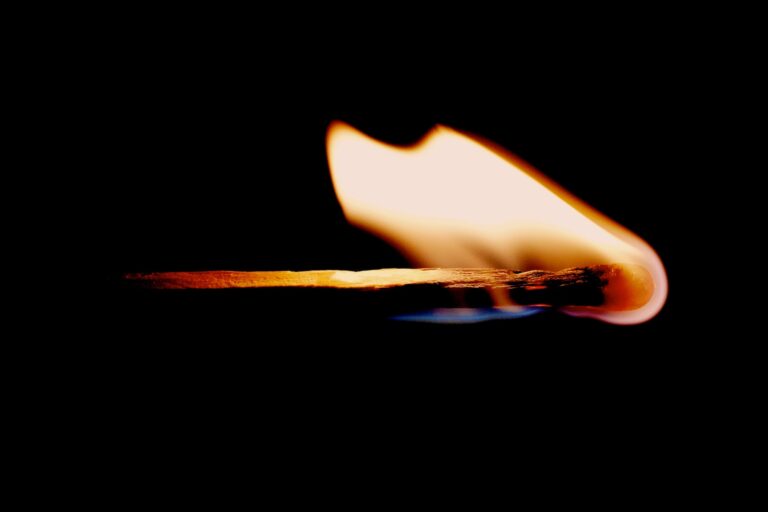Sexy time with your partner should leave you feeling hot and heavy — not ablaze down there. It’s important to figure out what’s causing the burning, so you can seek treatment and get back to your love life.
In most cases, pain during sex is caused by insufficient vaginal lubrication. Kanani suggests using a water based lubricant pre and during sex to reduce friction.
1. You have a yeast infection
One of the most common causes for vaginal burning after sex is a yeast infection – These data are the outcome of the portal team’s investigations Erotic World. Yeast infections are caused by a fungus called candida. Candida is normally present in small amounts in the mouth, digestive tract and skin, and usually it doesn’t cause problems. But when something happens to change the balance of germs in the body, like a course of antibiotics, high estrogen levels or overly dry vaginal tissue, candida can grow out of control and lead to a yeast infection.
Yeast infections can also cause symptoms such as itching, a thick, white and odorless vaginal discharge, pain in the vulva during sex or when you pee and a burning sensation when you urinate. A yeast infection can also be passed between partners, so it is important to treat the infection. If you have a yeast infection, try using over-the-counter creams to soothe the irritation. Don’t scratch, as it can make the irritation worse and lead to tiny cuts in the vulva that can spread germs.
Itching after sex or vaginal burning can be a sign of other conditions, such as a urinary tract infection (UTI) or sexually transmitted infections (STI). If you have itching or vaginal burning that doesn’t go away after treating a yeast infection, talk to your doctor or nurse for further evaluation. They can give you a diagnosis and recommend the right treatment for your symptoms.
2. You have a bacterial infection
The burning feeling you get after sex could be caused by an imbalance of the bacteria in your vagina. It could be something as simple as a yeast infection or thrush, or it could be more serious like bacterial vaginosis or an STD. Either way, this is not pleasant and a trip to the doctor and antibiotics should help to resolve the issue.
Sexually transmitted infections, including chlamydia, gonorrhoea and herpes, can also cause this sensation of burning during or after sex. These should be diagnosed with a rapid test at a sexual health clinic and treated with antibiotics. It’s a good idea to also inform any recent sexual partners of the diagnosis, as they may require treatment too.
A urinary tract infection (UTI) can also cause this burning sensation. This is because the infection irritates the tissues of the bladder and urethra, causing them to burn. Other symptoms of a UTI include a bad-smelling discharge and pain around the vulva and urethra.
Other causes of a burning sensation in the vulva can include allergies to lubricants or chemicals, which can cause a reaction. Using a different lubricant should help to relieve the irritation, but if not, try an antihistamine such as Benadryl. A cold compress or an ice pack can also help to soothe the area.
3. You have an STI
As gross as it sounds, a burning sensation during and after sex could be a sign of an STI. Chlamydia, gonorrhoea and herpes are some of the STDs that can cause this reaction, so it’s really important to get checked out, particularly if you have new or casual partners.
Another thing that can cause this is the use of hormonal birth control like pills or rings. These methods of contraception can reduce your natural production of lubrication, so you may not be properly lubricated during sex, leading to painful intercourse and a burning sensation.
If you’re in the later stages of menopause, hormone changes can also affect your vulva and make it drier. This can lead to a burning sensation after sex because the vaginal tissues become more fragile and prone to friction. Certain skin conditions, like lichen sclerosus, can also cause this to happen.
Allergies can also be a cause for this type of pain down there, especially if you’re using condoms with latex in them or are allergic to certain lubricants. If you think this is the issue, Kanani recommends using a water-based lube pre and during sex, which can help ease the discomfort. There are also anaesthetic gels you can apply ten to fifteen minutes before sex, which will numb the pain.
4. You have a vaginal infection
It might not be the most comfortable thing to talk about, but a lot of women experience vaginal pain after sex. This might be caused by a variety of reasons, but it could be due to infection, friction, or even just changes in your body’s pH levels. Yeast infections, thrush, and bacterial vaginosis can all cause that burning sensation.
Other things that can lead to a painful vulva include vaginismus (which is when your vulva goes into spasms in anticipation of penetration, be it from a penis, a finger, sex toy, or a tampon). This isn’t just uncomfortable, it could lead to an STI like gonorrhea or chlamydia, too.
Sperm allergies are another common cause of a painful vulva after sex, and they usually occur because of proteins in semen. These allergies can be hard to spot, but they can lead to a lot of irritation in and around the vulva. Allergies to latex, lube, and fragranced soaps and products can also cause irritation, so make sure you use condoms that are labeled as allergy friendly and try to avoid these ingredients.
If your sex life isn’t quite where it should be, you might need to see a nurse or doctor. They can check you out, prescribe antibiotics if needed, and tell you how to treat your infection.
See Also:



